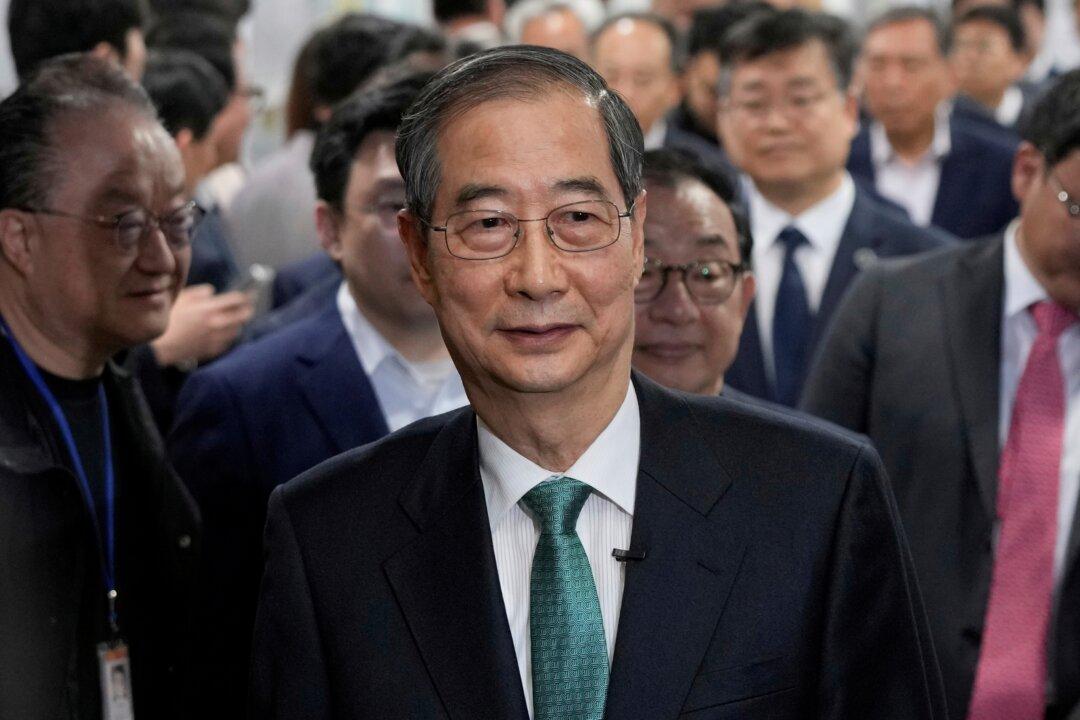Former South Korean Prime Minister Han Duck-soo is set to hold a meeting with the ruling conservative People Power Party’s (PPP) presidential candidate Kim Moon-soo in a bid to unify the vote and challenge the liberal frontrunner, Lee Jae-myung, in the upcoming snap election scheduled for June 3.
The meeting is scheduled for 6 p.m. Wednesday local time at an undisclosed venue, reported the Yonhap News Agency.





